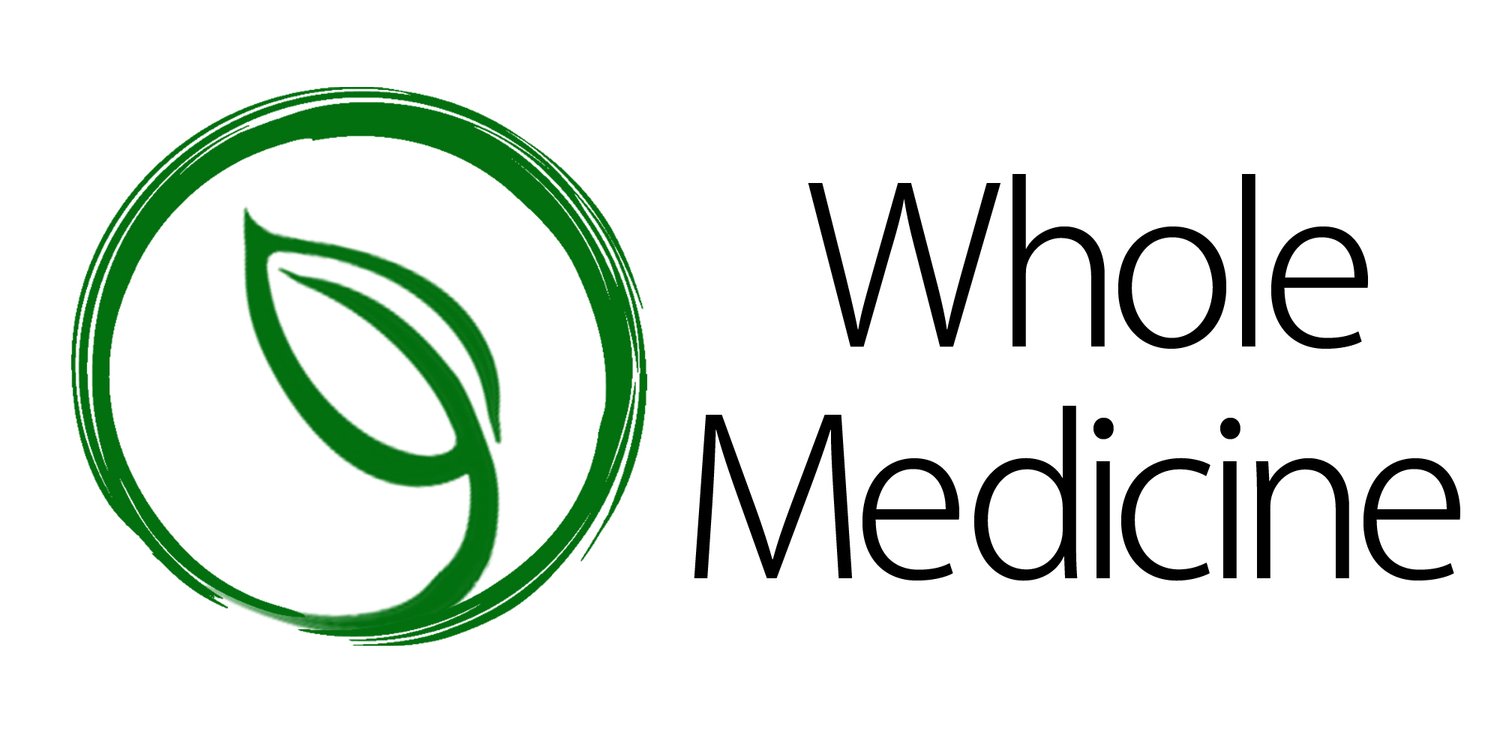The Healing Power of the Breath
Maybe you’ve heard a yoga instructor or your favorite wellness experts extol the importance of focusing on your breath, but why exactly does it matter? And is there a right way to breathe? Breathing is a fundamental part of human life, so it’s no surprise that the way you breathe can have powerful ramifications for your physical and mental health.
To start, let’s get back to the basics! Breathing is the process of bringing air in and out of the lungs to facilitate gas exchange (oxygen and carbon dioxide). Humans have a dome-shaped muscle in the abdomen called the diaphragm, which contracts as you inhale, allowing the lungs to expand and fill with air. When you breathe through the diaphragm, your abdomen expands as you inhale, so you may also hear it referred to as “belly breathing,” or “abdominal breathing.” A good way to picture what this looks like is to picture a baby sleeping. When an infant is sleeping, they are completely relaxes, and you can see their chubby bellies rise and fall with each breath.
Diagram illustrating the function of the diaphragm. As you inhale (a) the diaphragm contracts, and the lungs expand. As you exhale (b), the diaphragm relaxes back to the neutral state.
Benefits of diaphragmatic breathing
Breathing deeply offers many healing benefits. In fact, practicing diaphragmatic breathing is recommended by many physicians, researchers, and hospitals to help manage symptoms of several conditions, like chronic pain, irritable bowel syndrome, anxiety and sleep disorders. How can the breath help such diverse conditions? Here are a few examples of the underlying benefits of diaphragmatic breathing.
Induces Relaxation
Many of the benefits of diaphragmatic breathing arise from the role of the breath in inducing relaxation. When you take slow, deep, measured breaths, you activate the vagus nerve (you can learn more about activating the vagus nerve here). This helps the body shift from the sympathetic nervous system, or the fight or flight response, into the parasympathetic nervous system, or the ‘rest and digest’ system. This relaxed state has many physical health benefits (like numbers 2-5 on this list!), but it also is so important for enhancing mental health. For example, panic attacks are accompanied and partially driven by rapid breathing. Some studies have indicated deep-breathing exercises to be helpful for anxiety and depression.Improves availability of oxygen and carbon dioxide in blood stream
Having adequate oxygen levels in your blood is critical, as your cells use oxygen to create energy, and therefore need it to complete important functions like digestion. But diaphragmatic breathing is also important for keeping balanced levels of carbon dioxide in your blood. Carbon dioxide helps maintain blood pH, catalyze the release of oxygen from hemoglobin (making it more available for cells to use), and relaxing muscles around airways.Improves muscular function
When you are relaxed, there is increased blood flow, which means your body can deliver oxygen and essential nutrients to your muscles to make sure they function properly. Some studies have shown deep breathing exercises can improve cardiovascular fitness for people with respiratory failure. Another study has even shown incorporating core stabilizing exercises that incorporate deep breathing improve abdominal strength compared to typical abdominal exercises.Supports immune health
As mentioned earlier, deep breathing plays a critical role in helping shift us out of the ‘fight or flight’ mode, and into the parasympathetic ‘rest and digest,’ system. One of the effects of the fight or flight response is to suppress the immune system. Breathing deeply can therefore support our immune system by Increasing blood flow and lowering the stress hormones to help the body process germs and viruses more efficiently.Stabilizes or lowers blood pressure
When your body is in a relaxed state, your blood vessels widen, making it easier for your heart to pump blood, thereby stabilizing, or even lowering your blood pressure. One literature review of several studies suggests regularly practicing diaphragmatic breathing can lower blood pressure and heart rate in prehypertensive and hypertensive patients.
Breathing deeply is a free, tangible tool accessible to all, that has considerable impact on our physical and mental health. Just as our diet and movement are important to our wellbeing, it is critical we consider our breath as another tool that we can work with, and exercise to help facilitate healing in our bodies and minds.


